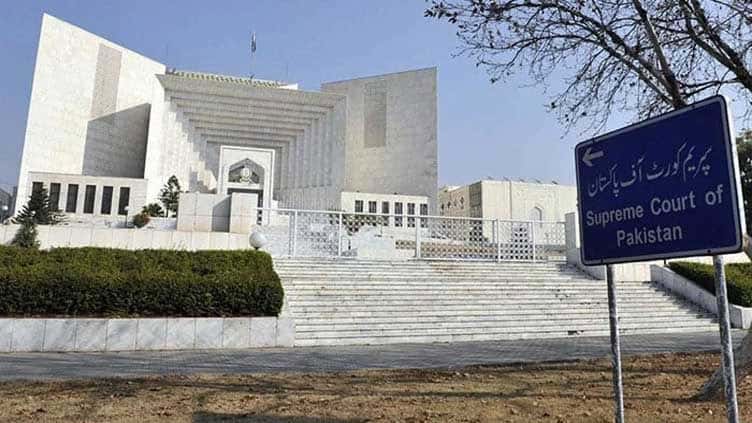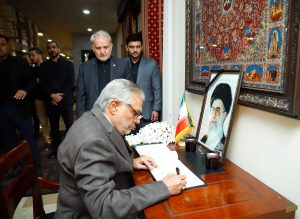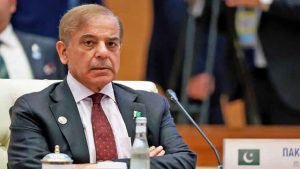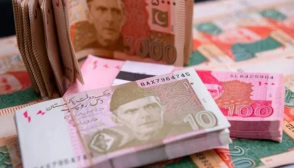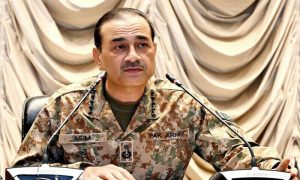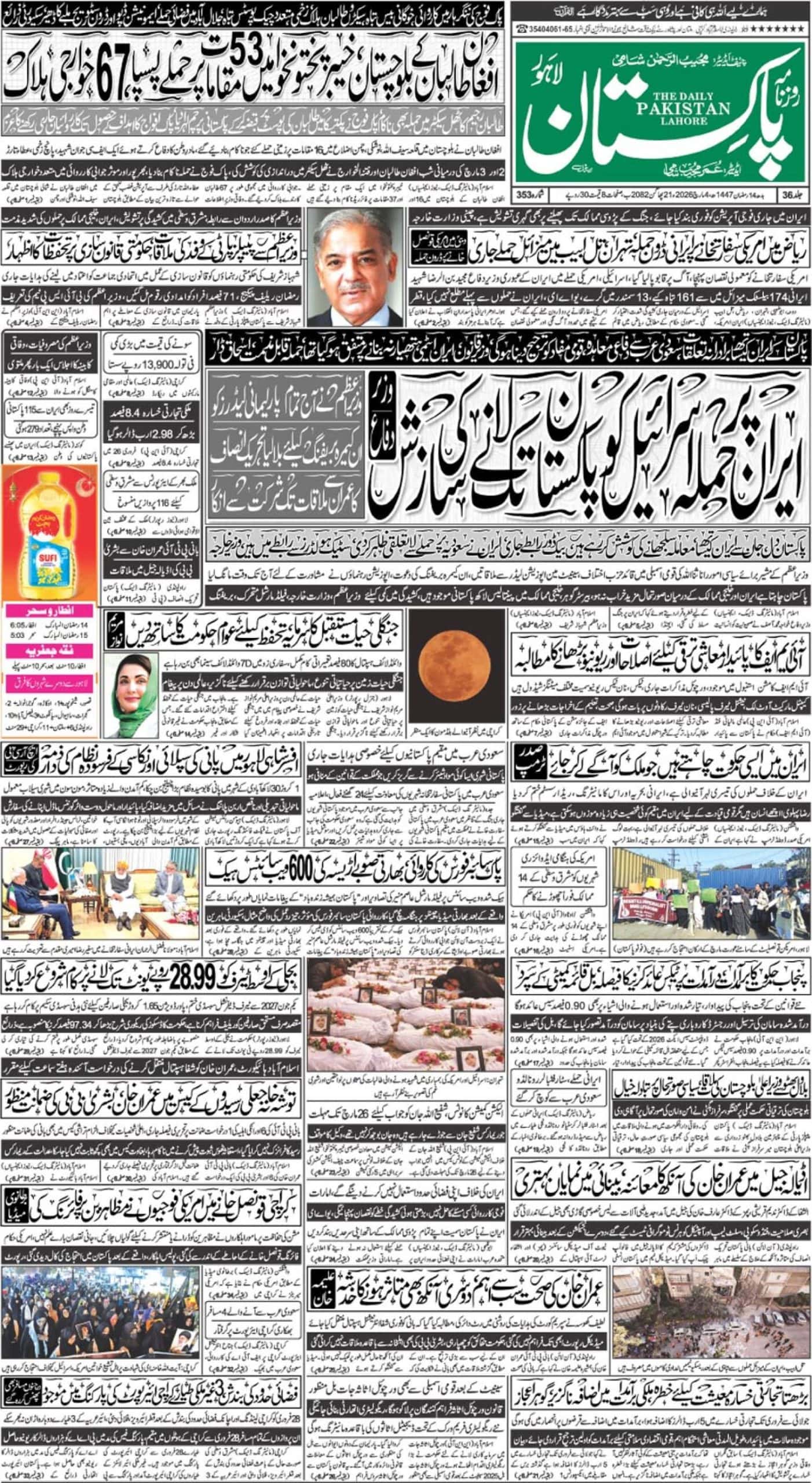ISLAMABAD – Chief Justice of Pakistan (CJP) Qazi Faez Isa, during the Supreme Court’s hearing of the PTI’s contempt plea against the Election Commission of Pakistan (ECP), said that the court’s commitment to supporting all political parties in the election process.
A three-member bench, led by CJP Isa alongside Justice Muhammad Ali Mazhar and Justice Musarrat Hilali, oversaw the proceedings, which were publicly broadcast on the apex court’s website.
The PTI’s contempt plea alleged that the ECP had disregarded the Supreme Court’s directives aimed at ensuring fair elections.
In a previous directive dated December 22, the apex court had instructed the ECP to urgently address PTI’s concerns, emphasizing the need for a transparent and fair electoral process. However, a recent application filed by PTI Chairman Barrister Gohar Khan sought contempt proceedings against the electoral body for non-compliance with these orders.
During today’s hearing, the Supreme Court directed Punjab Inspector General Dr Usman Anwar, the provincial advocate general, and the chief secretary to submit a report confirming compliance with the court’s directives issued on December 22. The hearing was adjourned until January 8.
PTI’s counsel, Latif Khosa and Shoaib Shaheen, presented arguments at the outset of the session. Responding to Khosa, CJP Isa mentioned avoiding outdated prefixes like “Sardar” in court.
Justice Mazhar inquired whether PTI had approached the ECP following the SC’s verdict on December 22. Khosa indicated the lack of directives from the ECP and was urged by CJP Isa to focus on legal points rather than a political discourse.
The court highlighted the option to appeal nomination rejections, but Khosa expressed difficulty in obtaining rejection copies, hindering the appeal process.
The CJP stressed the importance of democracy and criticized attempts to avoid elections. He directed Khosa to pursue the election tribunal and then the SC if issues remained unresolved.
The court summoned ECP officials, questioning them about the deadline for nomination appeal submissions. Khosa justified involving inspector generals as the ECP had issued directives to them based on the party’s complaint. However, he hadn’t attached the complaint with the contempt plea.
CJP Isa instructed Khosa to respond to the ECP’s report before requesting an adjournment. He also expressed disinterest in media coverage, emphasizing the court’s role in ensuring transparent elections.
The CJP pointed out the absence of specific allegations in PTI’s plea and recalled similar complaints from the party during the 2013 elections. The court sought clarification on whether PTI had lodged complaints to the ECP post the December 22 directive.
Justice Mazhar questioned ECP officials about providing a fair platform to PTI, to which they claimed all PTI complaints were addressed lawfully.
Khosa, however, highlighted incidents like arrests outside RO offices, adding a personal instance of his son’s arrest. The court directed officials to provide a report on compliance with its directives.

